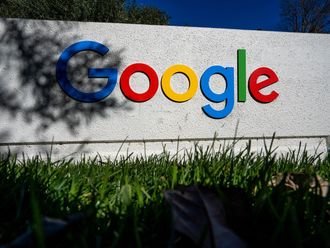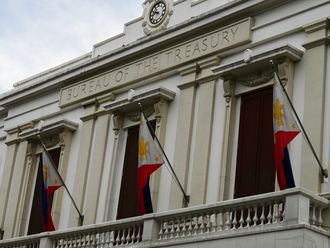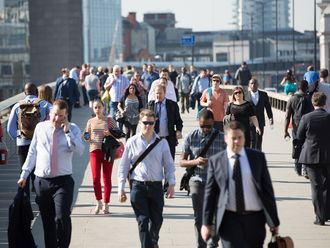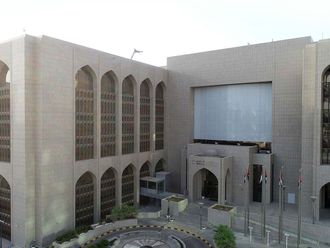Reykjavik Iceland's economy grew in the fourth quarter as consumer spending picked up and investment in the island's tourism industry surged.
Gross domestic product gained 1.9 per cent from the previous quarter, after rising 4.4 per cent in three months until September, Reykjavik-based Statistics Iceland said in a statement on its website Thursday.
Output expanded 2.7 per cent from a year earlier and 3.1 per cent overall in 2011, the office said.
Iceland is emerging from its 2008 banking meltdown and economic collapse even as Europe struggles to contain a debt crisis in its third year. The island's central bank in December halted a cycle of interest rate increases to protect the economy from the fallout of the euro-area crisis.
"Much of this investment is likely in the fast-growing tourism industry," said Asgeir Jonsson, an economist with Reykjavik-based asset manager Gamma.
"About 100,000 more tourists visited Iceland last year and an even greater increase is expected this year, while at the same time the construction industry seems to be picking up."
Exports grew 0.7 per cent from the previous quarter, while household spending increased 1.6 per cent, up from 0.2 per cent in the third quarter, the agency said. Gross fixed capital formation surged a quarterly 27.5 per cent. Overall national expenditure rose 4.5 per cent.
Disappearing slack
The central bank said last month that it would soon "be necessary to withdraw the current degree of monetary accommodation as the recovery progresses and the slack in the economy disappears".
The island, which completed a 33-month International Monetary Fund programme in August, emerged from a banking crisis in part as it renews its focus on previous growth areas such as tourism, energy and fishing.
"The primary concern is, however, that the balance of trade continues to worsen," Jonsson said. This "may also explain the weakening of the crown over the past months".
"In Iceland the investment products are always imported and therefore an increase in investments always hurts the balance of trade, until those investments start returning foreign exchange revenue," he said.












